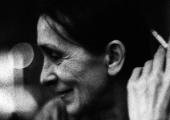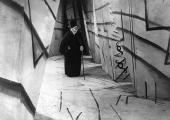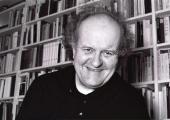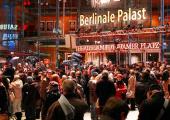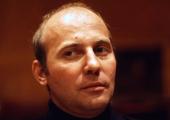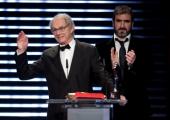The mighty Latvian returns to sing and dance through Shostakovich
Mastery was always going to be the overriding virtue of Mariss Jansons's latest appearance; his many visits to London with one or other of his continental superbands guarantee nothing less. But would it, to paraphrase Callas's immortal masterclass question, favour expression or fireworks? The options remain open, for Jansons at least, even in as severe a work as Shostakovich's Tenth Symphony, unquestioned masterpiece but also a tour staple. Jansons steered his cultured, mobile Bavarian players neatly, not dispassionately but a little weightlessly through every gear change of the titanic first movement. It was a Sarah Waters novel, an elegantly negotiated page-turner, rather than a Hilary Mantel epic written in blood. Then, with the liberating horn cry of the pivotal third movement, expression conquered all and never let go.Mastery was always going to be the overriding virtue of Mariss Jansons's latest appearance; his many visits to London with one or other of his continental superbands guarantee nothing less. But would it, to paraphrase Callas's immortal masterclass question, favour expression or fireworks? The options remain open, for Jansons at least, even in as severe a work as Shostakovich's Tenth Symphony, unquestioned masterpiece but also a tour staple. Jansons steered his cultured, mobile Bavarian players neatly, not dispassionately but a little weightlessly through every gear change of the titanic first movement. It was a Sarah Waters novel, an elegantly negotiated page-turner, rather than a Hilary Mantel epic written in blood. Then, with the liberating horn cry of the pivotal third movement, expression conquered all and never let go.
